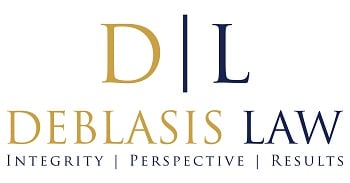Business owners in Cincinnati, Ohio, who collect debt must understand and follow the Fair Debt Collection Practices Act. In 2021, the Federal Trade Commission reported they had sued over 300 companies in the previous 10 years for failure to adhere to FDCPA requirements.
It is important that businesses know how to navigate the debt collection process while maintaining compliance with FDCPA guidelines.
Communicate clearly
When initiating the collection process, creditors reach out to the debtor. Clear and respectful communication is key. The initial contact should:
- Identify the creditor
- Explain the purpose of the letter
- Detail the amount owed
- Inform the debtor of their right to dispute the debt within 30 days
Failure to send proper communication means debtors can sue your company for failing to meet these criteria.
Understand time restrictions
The FDCPA places restrictions on when you can contact debtors. You may only call them between 8 a.m. and 9 p.m. Be aware of the time zones to uphold privacy expectations.
Avoid harassment
FDCPA prohibits harassment. Business owners must refrain from any conduct intended to harass, oppress or abuse debtors. This includes avoiding threats, the use of obscene language or repeated calls with the intent to annoy.
Provide debt verification
Upon a debtor’s request, businesses must verify the debt. This verification includes the original creditor’s name, the amount owed and relevant information. FDCPA ensures debtors have the right to verify the legitimacy of the claim.
Ohio’s statute of limitations on commercial debt is six years. Student loans, promissory notes or tax debts fall under different guidelines. Businesses must be aware of these limits to ensure compliance with FDCPA and state regulations.
